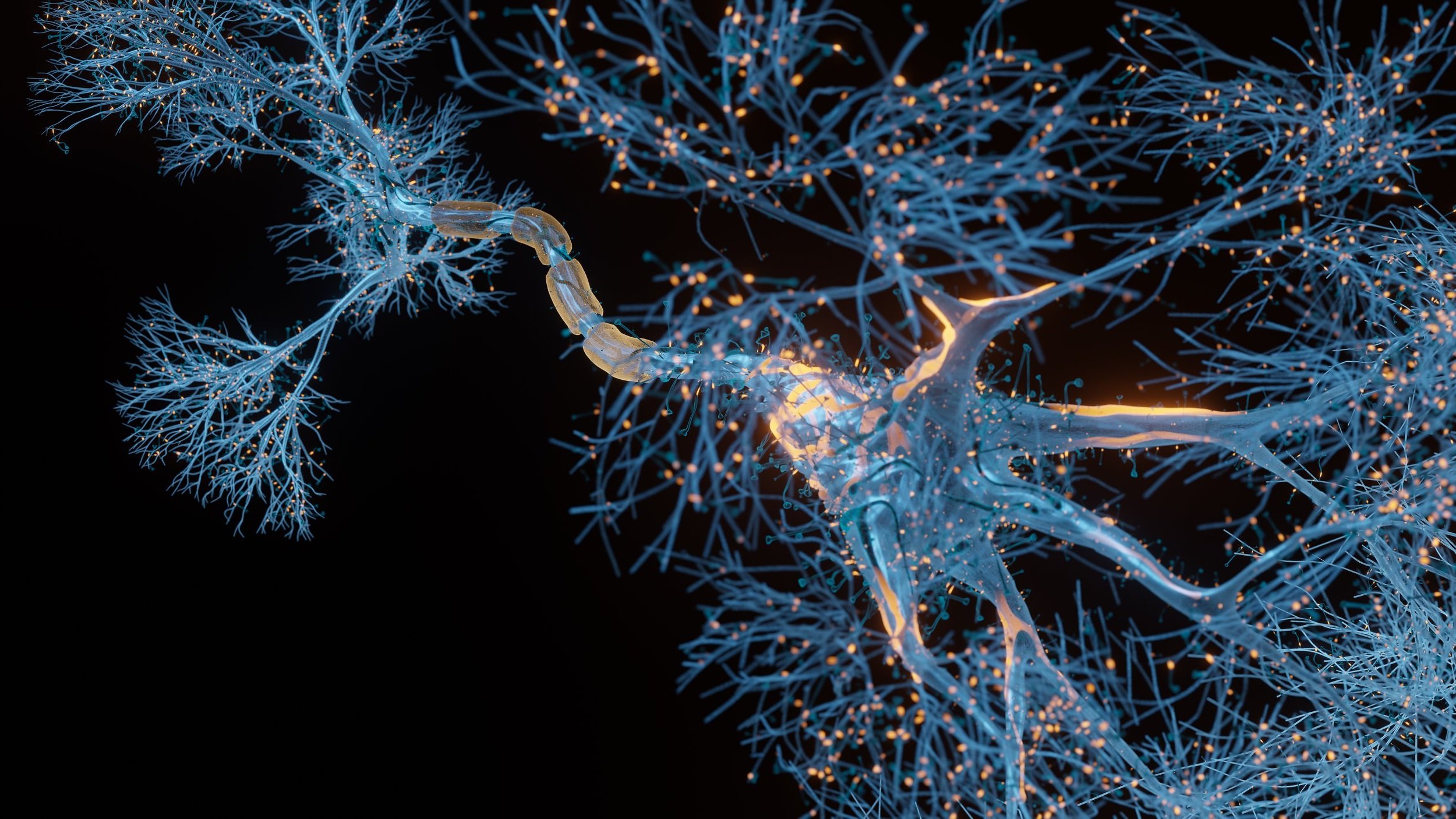
Curriculum
PROGRAM OVERVIEW AND CURRICULUM
The two-year PiNBAC training program (summarized in the below figure) encompasses a variety of learning opportunities representative of advanced scientific training - including didactics, discussions, seminars, and independent study in the laboratory. The primary component of PiNBAC is mentored laboratory research.
This intensive hands-on research experience is supplemented by curricular activities to enhance research training, additional mentorship, and community-building activities.
PiNBAC training activities are designed to provide post-bac scholars a general understanding of the breadth of research questions and experimental approaches within the interdisciplinary field of neuroscience, deeper expertise within a specific research area forged by mentored hands-on research, and strategies to enable trainees to independently acquire the knowledge needed to pursue a career in neuroscience. Together, these activities comprise a robust training program to train PiNBAC scholars in the technical, operational, and professional skills required to succeed in rigorous neuroscience PhD programs and careers; to develop trainees’ science identity and to provide career development to empower trainees to achieve their specific professional goals.
The core PiNBAC curriculum consists of a weekly core course during the academic year and summer programming that includes orientation workshops and short quantitative bootcamp courses. The core course provides trainees disciplinary knowledge and training in experimental rigor as well as professional and career development.
Beyond the required core curriculum, PiNBAC trainees have the option to attend additional Harvard courses as auditors as deemed necessary and useful by the Program, the trainee, and their PI. As Harvard employees, PiNBAC trainees will not receive official Harvard transcripts for courses audited, though Program Directors are happy to provide documentation to attest that trainees completed specific courses as auditors.
